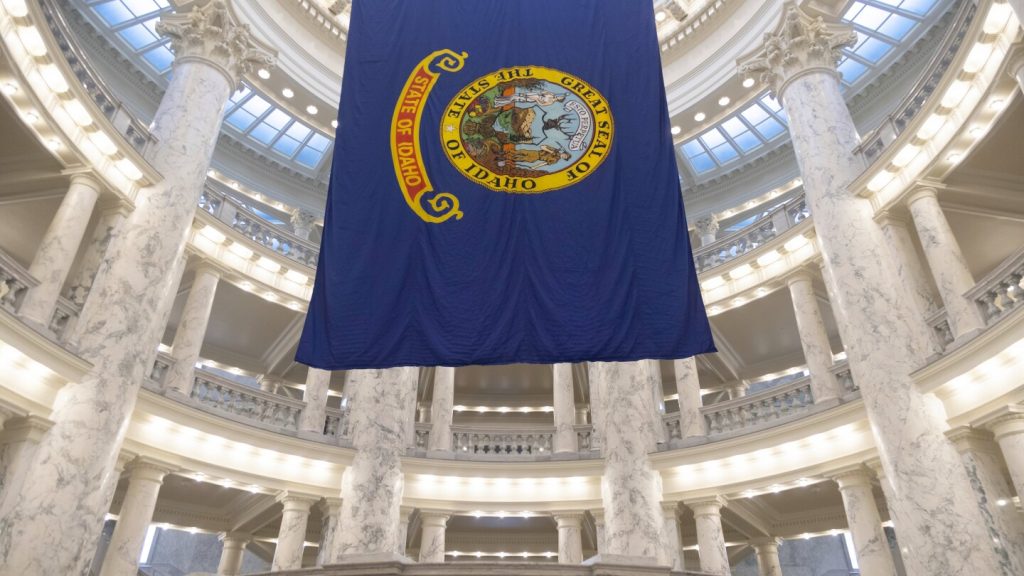Idaho Democrats will caucus on Thursday to choose their nominee for the 2024 presidential election, where President Joe Biden has already secured his party’s nomination. The caucus will also select delegates for the state convention in June. Unlike previous caucuses, voters will use ballots to make their choices instead of participating in traditional caucus activities. Only registered Democrats and unaffiliated voters can participate, with unaffiliated voters required to pledge their participation as Democrats and confirm they haven’t taken part in any other presidential nomination contest this year.
In contrast to the Republican caucus earlier in the year, which only allowed registered Republicans to vote, the Democratic caucus in Idaho is open to unaffiliated voters as well. Former President Donald Trump won all of Idaho’s GOP delegates at the Republican caucus in March. Despite the outcome of the Democratic caucus, the party’s nominee will face a significant challenge in winning red Idaho, a state that has consistently voted Republican in presidential elections since 1968.
The switch to a primary for the 2020 presidential contest marked a change for Idaho Democrats, who had previously used caucuses. Biden emerged as the winner in 2020 with 49% of the vote, while U.S. Sen. Bernie Sanders of Vermont received around 42%. A legislative error this year led both parties to caucus, as lawmakers inadvertently eliminated the state’s primaries while attempting to change the primary date from March to May. Moving forward, Idaho’s closed presidential contests may soon be a thing of the past, with a voter initiative expected to open the state primaries and introduce a ranked-choice voting system on the general election ballot in the fall.
With the 2024 election looming, Democrats in Idaho are gearing up for their caucus to select a nominee for the upcoming presidential race. The caucus will not only determine delegates for the state convention in June but also offer Democrats the opportunity to participate in the democratic process. While Idaho has traditionally been a Republican stronghold in presidential elections, the Democratic nominee will seek to make inroads and appeal to voters in the state. The caucus process and the potential switch to a ranked-choice voting system demonstrate the evolving landscape of elections in Idaho.
As the deadline approaches for Democrats to participate in the caucus, the focus remains on ensuring a fair and transparent process. The shift from caucuses to primaries in recent years reflects a desire for broader participation and inclusivity in Idaho’s electoral system. The 2024 election presents a critical moment for Democrats in Idaho to rally behind their chosen nominee and unite in their efforts to challenge the prevailing Republican dominance in the state. With the possibility of open primaries and a ranked-choice voting system on the horizon, the future of elections in Idaho could be shaped by the outcome of this year’s caucus and the initiatives being put forth by voters.


